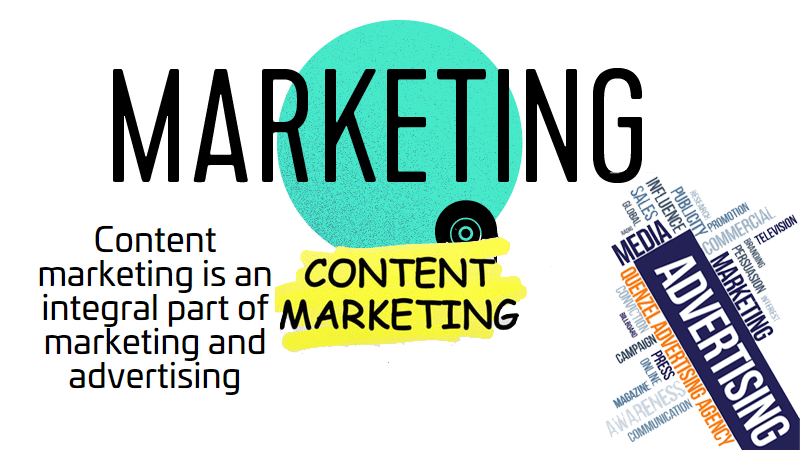Traditional marketing and advertising is one way – you send out marketing messages to put your brand in front of prospective customers and clients and then leave it up to them whether they want to buy from you or not.
These days content marketing is an integral part of marketing and advertising – instead of simply broadcasting marketing messages, you engage with your audience.
This can be done either through entertainment or education. Or both.
In one of my previous posts I talk about a Netflix series called “Yeh Meri Family. It’s a story of a teenage boy whose father is a mutual fund investment consultant.
It is an engaging storyline and throughout the season (only the first season is out yet) you watch the series as if you watch any other series. Unless you are told, it never even registers that subtly, you are being sold the idea of investing in mutual funds.
Content marketing and traditional marketing and advertising are intertwined because, as this Business Standard article states, traditional modes of communicating with consumers have collapsed.
The article has some interesting stats vis-à-vis India. There are more than 1 trillion media touch points. This is not interesting. What’s interesting is, More than 90% of these touch points have come into being only over the past 5 years, due to an average household having multiple mobile screens and hence, multiple modes of media consumption. Traditionally, there used to be just one TV.
The article further states that there are 3 media consumption attributes that dominate watching pattern:
- More personalization
- No prime-time (people can watch anytime anywhere)
- High propensity to skip (because the choice is unlimited)
There are 3 reasons why there can be no marketing and advertising without content and content marketing:
- People find information using search engines and for that, you have to take SEO seriously and for SEO, you need high quality content.
- People come across information (even search for it) on social media websites and it’s only high quality content that gets the attention on social media.
- People receive information through email marketing which, again, depends on high-quality content that is valuable and informative.
This Lyfe Marketing blog post cites statistics that reveal that 78% consumers prefer getting to know a company or a brand via helpful articles and blog posts rather than simple ads. 70% also believe that organizations that invest in good content are more interested in building meaningful relationships with consumers, customers and clients.
Search engines are a big source of traffic for most of the businesses these days because most of the businesses have gone online.
Due to the abundance of content, consumers first prefer to read a lot about a product or service before purchasing it. People do this instinctively.
For example, if you buy a phone, you will read about it, you will also watch YouTube videos of the model you want to buy.
When you come across a new product and you feel it may be useful, you read about it, you watch videos of people using it and giving their opinion on it. This is content.
Content marketing also democratizes the realm of marketing. When it comes to advertising, there is no limit. There is always a competitor that can out-advertise you.
Content marketing on the other hand is solely based on relevance, quality and usefulness. Your competitor cannot beat you with publishing lots of content unless that content is of high quality.
If your competitor publishes 50 blog posts of no particular value (only covering keywords) and you publish high-quality 5 blog posts that your customers appreciate, that is more beneficial.

